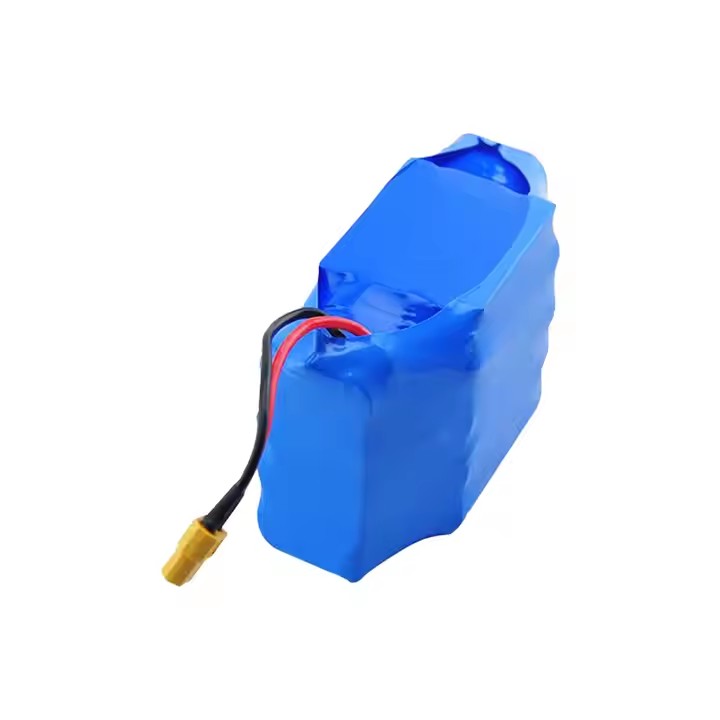Certainly! Here’s a detailed explanation of lithium-ion battery pack cost factors and how to estimate them:
Key Factors Influencing Lithium-ion Battery Pack Cost
-
Cell Cost (60–70% of total):
- The cost of individual lithium-ion cells (e.g., cylindrical, prismatic, or pouch cells) depends on:
- Chemistry: NMC (Nickel Manganese Cobalt), LFP (Lithium Iron Phosphate), etc.
- Example: LFP cells are cheaper
 100–150/kWh) but have lower energy density.
100–150/kWh) but have lower energy density.
- Example: LFP cells are cheaper
- Raw Materials: Lithium, cobalt, nickel prices (e.g., cobalt price fluctuations significantly impact NMC costs).
- Manufacturing Scale: High-volume production (e.g., EV batteries) lowers cost via economies of scale.
- Chemistry: NMC (Nickel Manganese Cobalt), LFP (Lithium Iron Phosphate), etc.
- The cost of individual lithium-ion cells (e.g., cylindrical, prismatic, or pouch cells) depends on:
-
Battery Management System (BMS) (10–15%):
- Electronics to monitor voltage, temperature, and balance cells.
- Cost varies with complexity (e.g., basic vs. automotive-grade BMS).
-
Pack Assembly & Housing (10–20%):
- Mechanical design, cooling systems, wiring, and safety features (e.g., thermal runaway protection).
-
Additional Costs:
- Certification (e.g., UN38.3 for shipping), labor, and profit margins.
Cost Estimates (2023 Data)
| Component | Cost Range |
|---|---|
| Cells (per kWh) | $80–150/kWh (varies by chemistry and volume) |
| Complete Pack (per kWh) | $120–200/kWh (including BMS, assembly, etc.) |
Example:
- A 10 kWh LFP pack (cells only): ~$800–1,000.
- A 10 kWh NMC pack (full pack): ~$1,500–2,000.
Cost Drivers
- Energy Density: Higher energy density (e.g., NMC) reduces physical size but may increase material costs.
- Volume: Large orders (e.g., EV manufacturers) reduce per-kWh costs.
- Geopolitics: Supply chain disruptions (e.g., lithium shortages) or tariffs can raise prices.
- Recycling: Recycled materials may lower costs in the future.
How to Estimate Your Battery Pack Cost
-
Calculate Total Energy (kWh):
Energy (kWh)=Capacity (Ah)×Voltage (V)/1000
Example: 100Ah, 48V pack → 100×48/1000=4.8 kWh.
-
Multiply by Cost per kWh:
- For cells: 4.8 \, \text{kWh} \times \100/\text{kWh} = $480$.
- For full pack: 4.8 \, \text{kWh} \times \150/\text{kWh} = $720$.
Future Trends
- Falling Prices: Average pack costs dropped from

- Solid-State Batteries: Expected to reduce costs further but still in R&D.
Summary
- Cell chemistry and volume are the biggest cost drivers.
- Always request quotes from suppliers for precise estimates.
